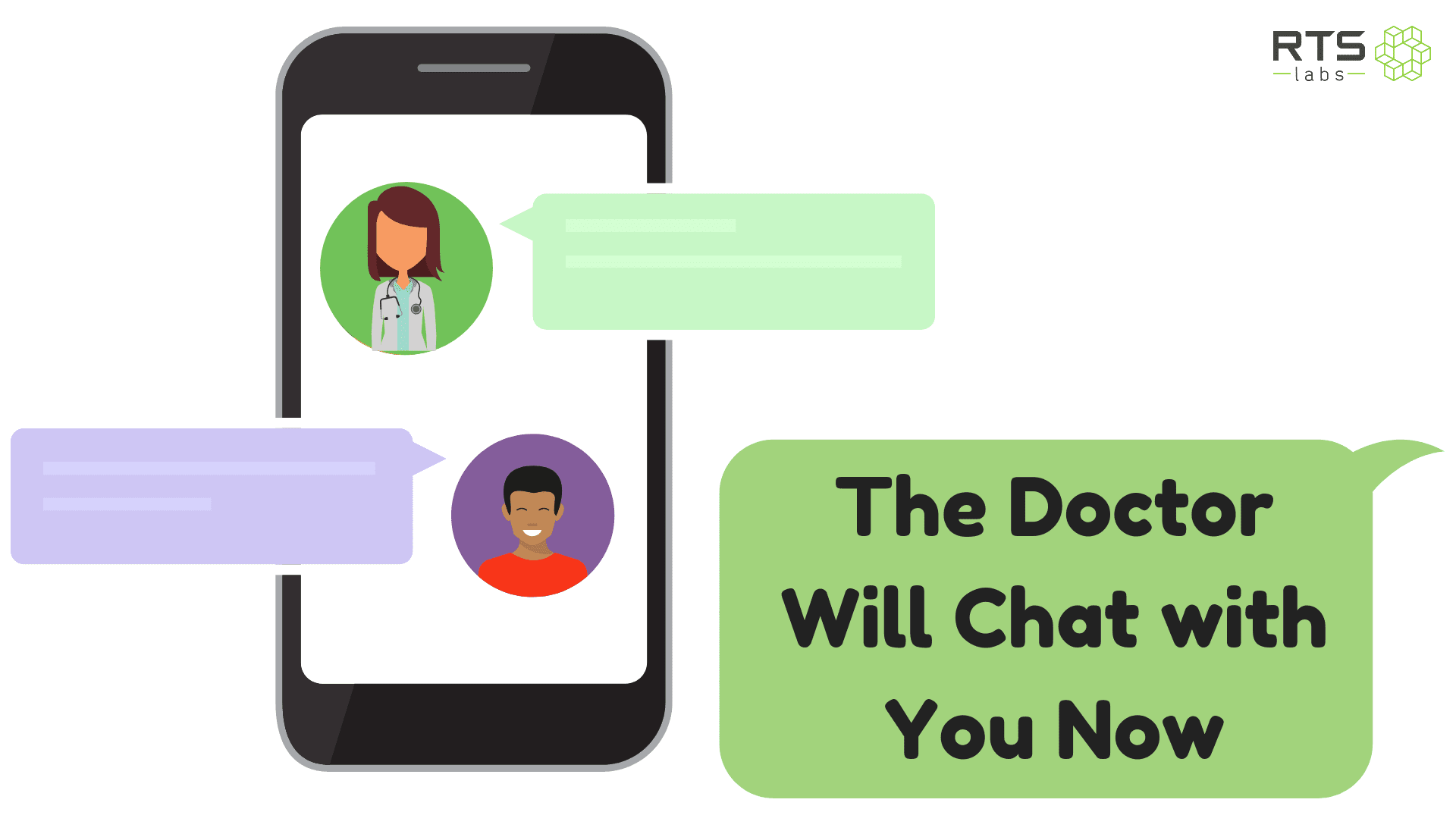What if you didn’t have to drag your sick self (or children) to the doctor’s office for small things like colds? What if, before you made an appointment, you could just have the peace of mind that what you’re suffering from is easily treatable and doesn’t require a trip to the doctor?
Move over WebMD and say hello to Dr. Chatbot!
There’s a new wave of healthcare happening in the U.K. that could potentially change primary care as we know it here in the U.S. As reported in Technology Review, there are a number of artificial intelligence (AI)-based chatbots making healthcare more accessible across the country.
Will they replace physicians? No. But these new AI-based apps represent a shift in the frontlines of healthcare. They have the potential to reduce paperwork and unnecessary appointments in both doctors’ offices and hospitals.
Less wait time for medical advice
Think about it. Calling your primary care physician (PCP) with a non-urgent consultation can often mean waiting up to a month to get an appointment. In addition to that, there is no guarantee your PCP will be able to provide you with the care you need. You could wait all that time and then be referred to a specialist – whom you may have to wait even longer to see.
What if you could skip the trip to your PCP and go directly to a specialist, or the nurse practitioner, or your pharmacist?
The chatbots being used in the U.K. are helping unload a very overloaded system – something we could use here in the U.S. One example of this is Babylon Health, a London-based digital-first healthcare provider that has integrated with the U.K.’s National Health Service (NHS). Now, patients can opt to download the Babylon app for non-emergency advice as opposed to waiting on hold to speak to a person or physically going to the doctor. This app, of course, doesn’t replace the need to see the doctor for more serious illnesses, but it certainly saves everyone time and money for less serious routine care.
How these medical chatbots work
These advanced AI bots use language processing, machine learning, and data from a medical database to work the way they do. Users launch the app and describe their symptoms. The AI technology then asks follow-up questions and compares the data it’s collected to the data in its database to offer up a diagnosis. The diagnosis given is logged in the app and can easily be sent to a physician for further review if need be.
Beyond the Babylon app, there are other AI apps that can do everything from act as a pharmacist to handle paperwork and monitor care at home – all of which work together to help reduce the workload in an overloaded healthcare system.
Reduction in healthcare costs for employers
What if your employees could skip non-essential trips to the doctor? That would save money for the company and for your employees. It would also likely reduce time-off requests for doctor appointments. Win-win-win, right? According to that same article in Technology Review, when the app started giving advice on ways to self-treat, “half the company’s patients stopped asking for an appointment, realizing they didn’t need one.”
Increased prevention
You know what they say, “An ounce of prevention is worth a pound of the cure.” If you look at the big picture, all this convenience equates to greater access. It lowers the barriers for who can seek medical advice and when. If advice is in the palm of your hand, prevention becomes easier. You no longer have to wait forever to see a physician about something you’re unsure of, and it’s more affordable. This means catching things before they become real (and often more expensive) problems.
No, AI will not replace your PCP
This technology has huge implications, but replacing your PCP is not one of them. What it does have the potential to do is:
- Save time spent on paperwork
- Reduce unnecessary office visits and visits to the ER for non-emergencies
- Reduce the healthcare costs
- Increase access and convenience for patients
- Increase prevention measures
With this new technology, instead of waiting until you’re at death’s door, you can access medical advice more quickly and easily, so that something minor is caught before it becomes something major.
Another bonus: Medical chatbot technology could free up doctors to devote more time and energy to patients who really need their attention by taking the less complicated cases off their roster. And, as we’ve written before, AI technology is the missing link between the massive amount of helpful data being collected from wearable devices and the healthcare providers who can put this data to good use.
Being the practical tech geeks that we are at RTS Labs, we’re really excited to see AI being used to solve practical problems in healthcare. We can’t wait to see how this technology continues to develop and see it come to the U.S., so more people have access to the healthcare they need. Another prediction we have is that applied properly, this kind of medical chatbot AI technology could reduce the incidents of chronic disease in our population.
There are some U.S. companies putting this technology to work now. Here’s one real-life example of how we helped a healthcare client use mobile app technology to improve the patient experience.






